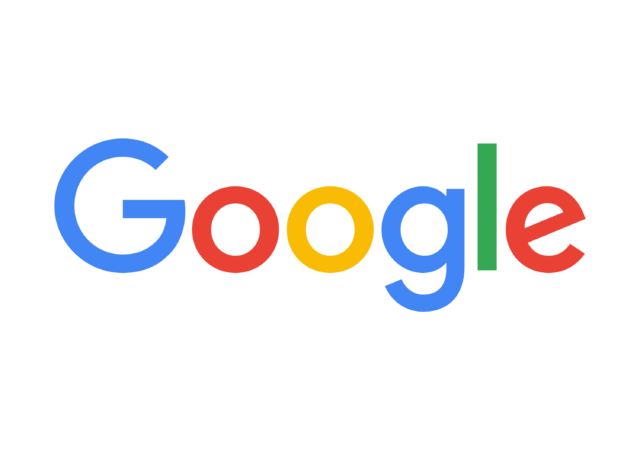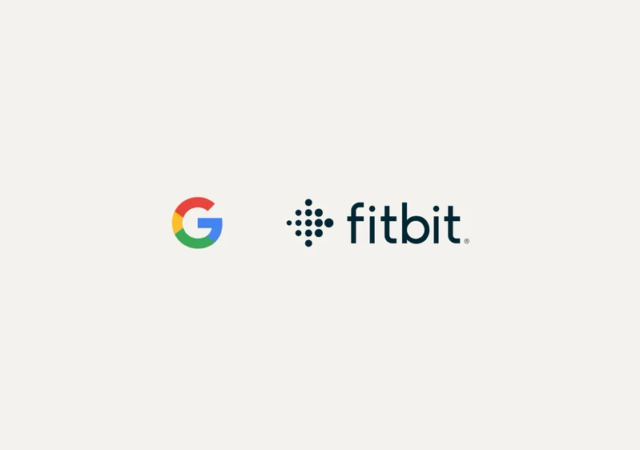Google is cracking down on inactive accounts. If your Google Account have been inactive for at least 2 years, Google will delete it.
Fitbit Announces its Google Account Migration is Starting Soon
Google is starting to transition Fitbit users into the Google ecosystem. Users can now log into their Fitbit app with a Google account.




